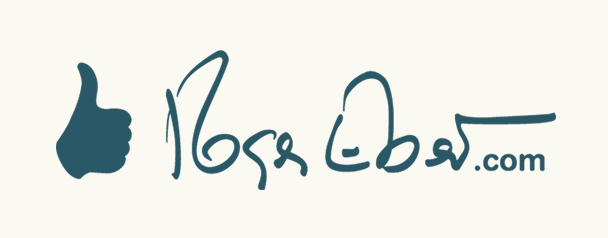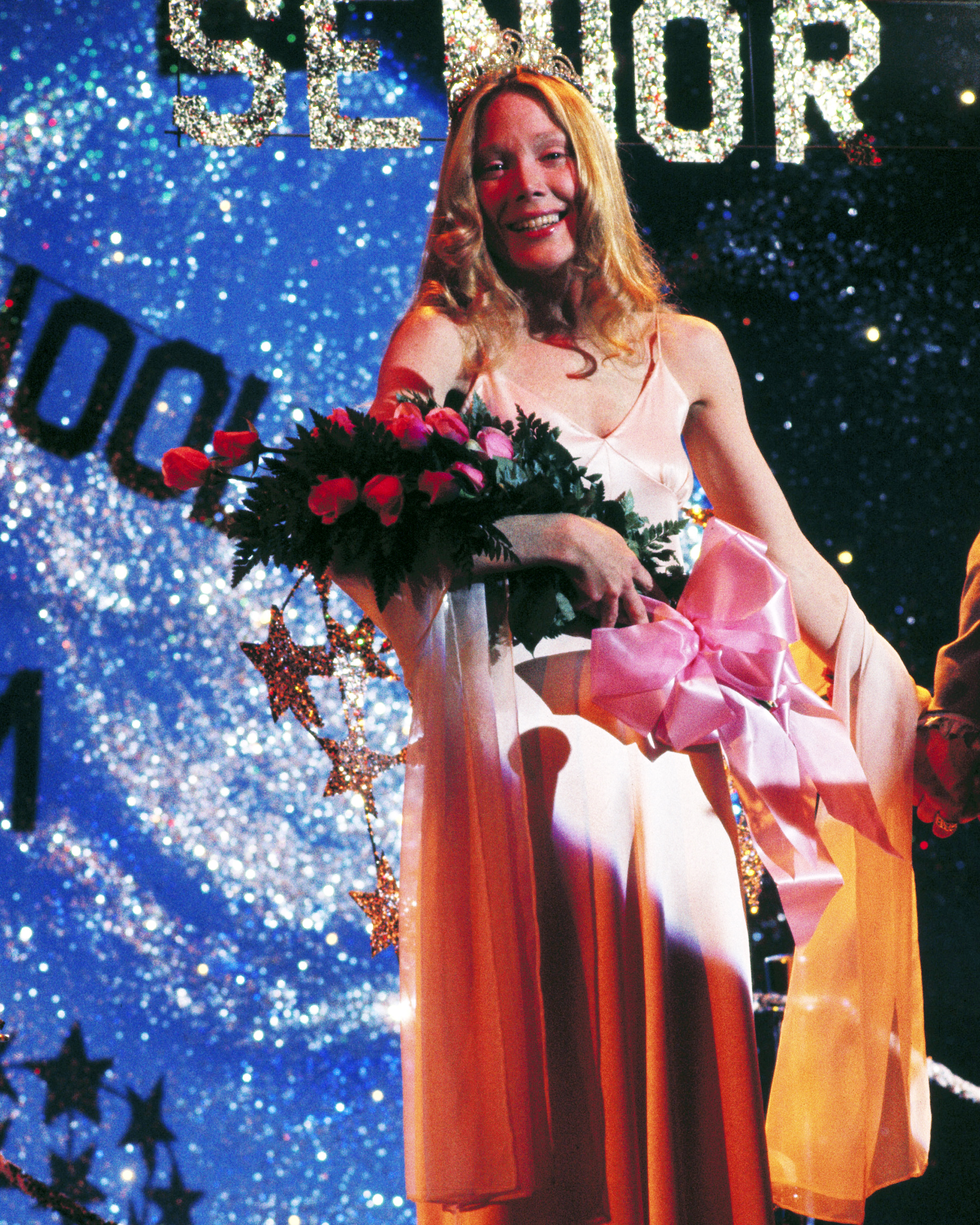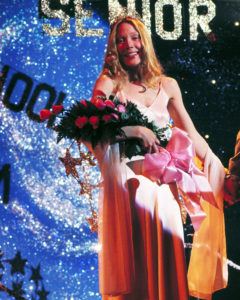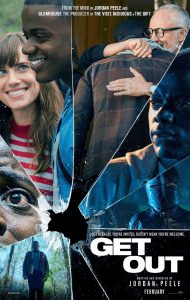Women Writers Week 2019 on Rogerebert.com
Posted on March 6, 2019 at 9:54 pm
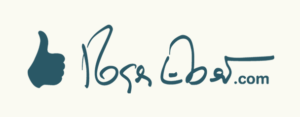
I love the annual Women Writers Week on rogerebert.com and this year’s is especially dear to my heart because it is my first as an assistant editor. From my welcome/introduction:
We do not pretend that women have more empathy or indeed that it is possible to make any generalization about gender with one exception: every one of us has walked through the world as a woman and that is an experience only we can understand and reflect in our take on the films we write about. It may be less important in what we bring than our own particular points of view based on our individual experiences—whether we are old or young, hetero-normative or LGBQTIA, partnered or single, mothers or childless, baby boomers, Gen-Xers, or millennials, from the city or the country, from the US or international, white or a woman of color, whatever our level of education or amount of money, whether we are fans of Korean horror movies or anime or multiplex fodder or quirky indies, all of those elements are reflected in our writing, as they are for the male critics. But all of us understand what it is to live in a culture that has always been dominated by another gender, and review films that come out of a system that has been even more so.
This week, with every word on the site written by women, our readers of any gender will see the fabulous range of talent, insight, and perspectives of our female contributors. If you look closely, you may see something else—a consistent perception by writers who are at least in part outsiders to the stories overwhelmingly told by men. Sharing their perspectives creates an empathy machine of our own.
Some of my favorite past work is featured on the site, including my essay about Nora Ephron.
And there is some superb new content, including a “Captain Marvel” video interview, Carrie Rickey connecting golden age of Hollywood directors George Cukor and Mitchell Leisen to “Black Panther’s” Ryan Coogler for their sympathetic and nuanced portrayals of female characters, and a piece on “Killing Eve” by Kristy Puchko.

